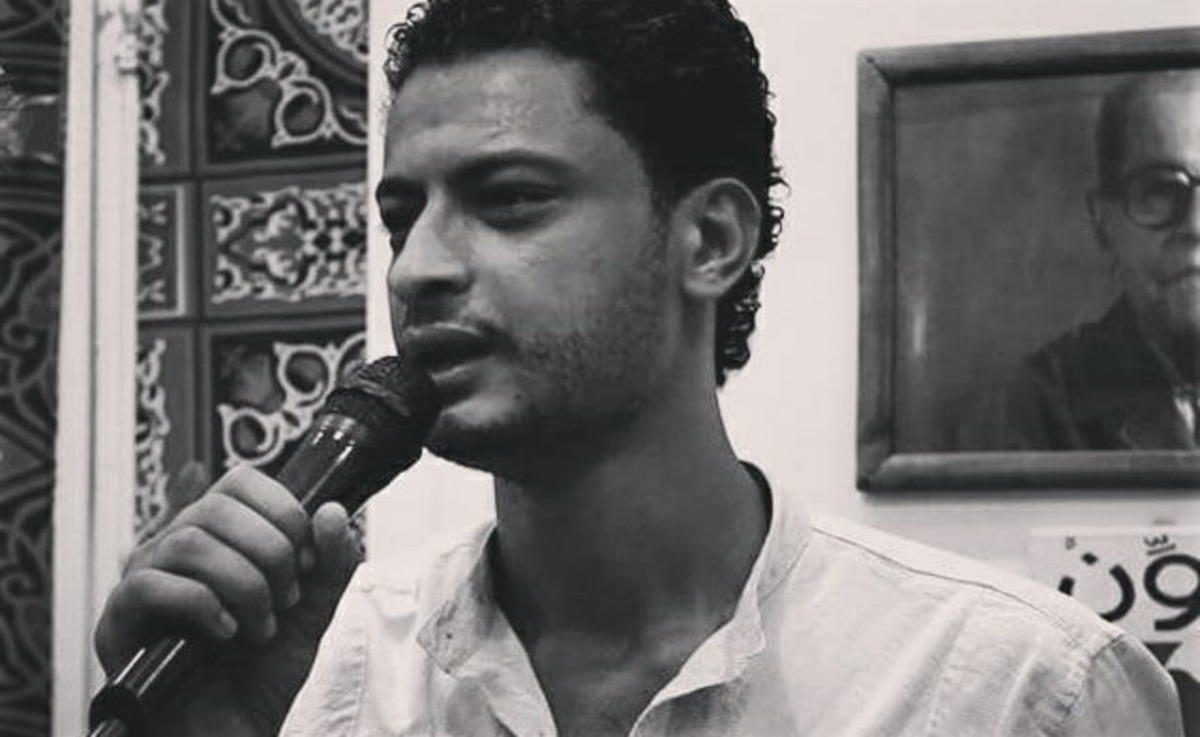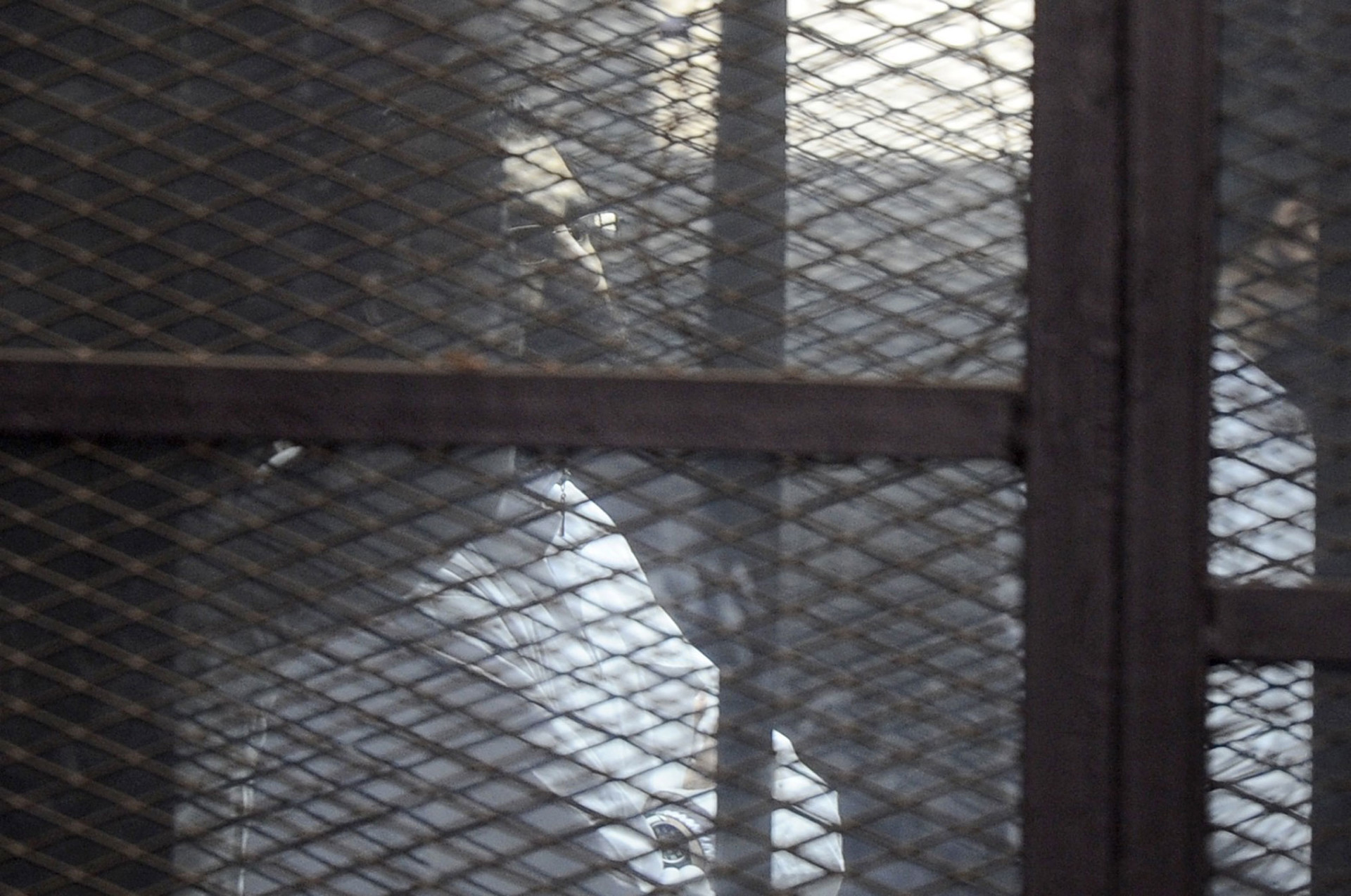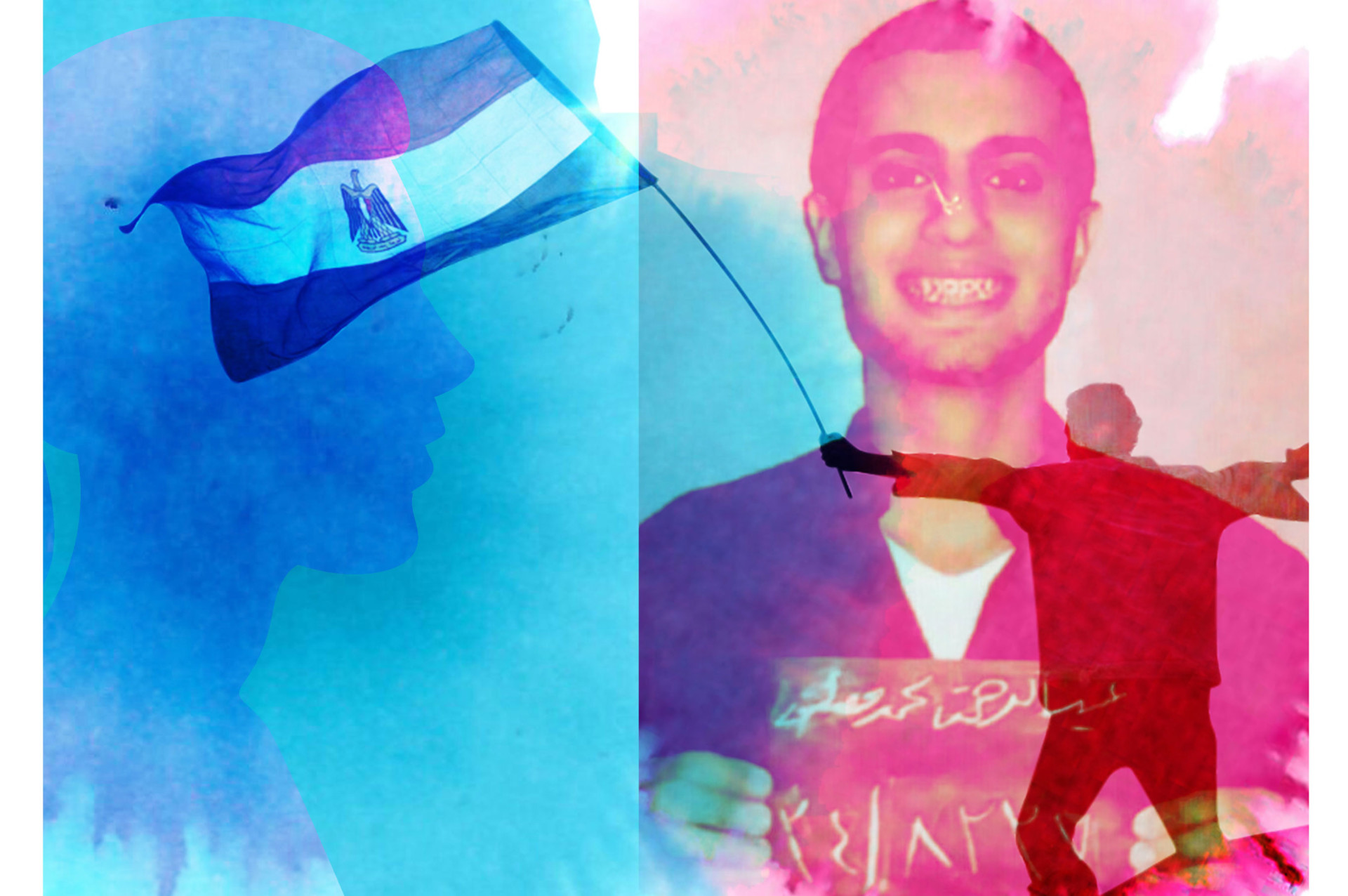

Abdelrahman ElGendy
Abdelrahman ElGendy is an author and translator from Cairo. A winner of the Samir Kassir Award for Freedom of the Press, ElGendy holds a Master of Fine Arts degree in nonfiction writing from the University of Pittsburgh, and his work appears in outlets such as The Washington Post, Foreign Policy, The Nation and Guernica. His poetry and prose translations from Arabic appear in Ploughshares, Poetry Northwest, Literary Hub, Words Without Borders and other publications. ElGendy’s work has received awards or fellowships from the Elizabeth George Foundation, the Heinz Foundation, the de Groot Foundation, the Steinbeck Fellowship, the Virginia Center for the Creative Arts and the Arab American National Museum. His memoir, “Huna,” is forthcoming in 2026 from Hogarth, Penguin Random House.
Latest from Abdelrahman ElGendy

The Poet Who Penned ‘Balaha’ Is Still Behind Egyptian Bars
The Balaha case has become an allegory for the zero-sum game that revolutionary Egyptian artists face in today’s Egypt: a choice between death, exile, incarceration or silence. Of the group, five were released, one died and only El-Behairy remains behind bars five years later.

The Charade of Egypt’s ‘National Dialogue’
Despite the worsening state of human rights in Egypt, the so-called national dialogue recently launched by President Sisi appears to be yielding the intended outcomes for the regime: international legitimacy and assistance, with no accountability.

Syrian Refugees Suffer a Wave of Deportations
Anas’ death was a manifestation of the anxiety and terror that have plagued Syrian refugees living in Lebanon in recent weeks, amid an ongoing campaign of arrests and deportations that has prompted many Syrians in the country to change their place of residence to protect themselves and their loved ones.

Kevin Hart’s Tour in Cairo Sparks Debate on Afrocentrism and the Pharaohs
Egyptians have not taken kindly to Hart’s comments about ancient Egypt, and a viral campaign was launched, calling for the cancellation of the show of the superstar they accused of “blackwashing” and “stealing their history.”

Women’s Rights Groups in Egypt and Lebanon Take Aim at Saad Lamjarred
The joint campaigns may not succeed this time around, but that doesn’t change the undeniable fact: A shift is taking place in the women’s rights sphere in the region, one that diversifies the means of holding sexual offenders accountable for their crimes.

What a Hunger Strike in Egypt Says About Power
Only when I experienced prison myself and grasped the power dynamics did I understand: Prisoners go on hunger strikes not because they cannot resist anymore but because the only act of resistance left to reclaim their body is to destroy it.

The Power of a Smile in Prison
The guard snapped at me that he will shoot the picture and take it to the chief intelligence officer, and then I’ll regret not having shut my mouth. I kept my mouth stretched in the widest smile.

When I Spent Six Years Behind Bars, a Smuggled T-shirt Took on Deeper Meaning
In prison, one is not just broken by torture, beatings and violent treatment. It is the continuous, systemic and unrelenting dehumanization that wrecks you in the end.
